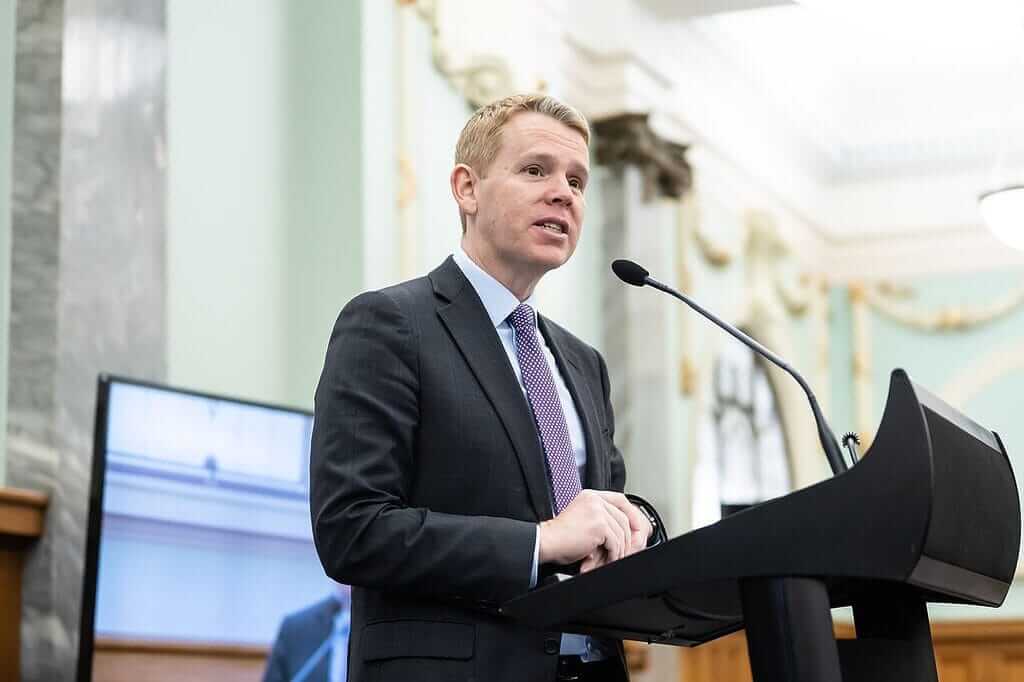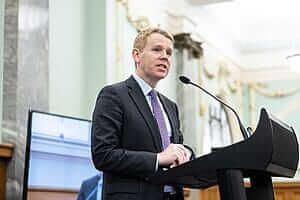Summarised by Centrist
Dr Bryce Edwards argues that this country’s softly, softly approach to political corruption is creating complacency, which undermines the urgency needed to address real problems.
Without taking firm action, New Zealand’s reputation for low corruption could be lost.
He notes that the latest report from Transparency International New Zealand (TINZ) avoids citing specific examples of corruption or scandals, such as Labour and National politicians moving into lobbying roles or high-profile cases like NZ First’s donation court case.
Along with recommending a single, lead anti-corruption agency, the report’s main recommendation is to introduce a public beneficial ownership register.
“Unfortunately, the new coalition government has recently announced that such a register won’t be included in their upcoming legislation intended to modernise the Companies Act,” he writes.
Edwards said there’s a need for investigating political corruption in areas like COVID-era fraud and lobbying practices. He points out how Transparency International has been ‘relatively silent’ on this front along with the COVID Inquiries of both the previous and current government.
“This is despite the $20bn Wage Subsidy Scheme being one of the most controversial and expensive Covid-era responses, which research has shown to have been used by profitable companies during the pandemic that didn’t need the payments. By some estimates, as much as $10bn was pocketed as ‘corporate welfare’,” he writes.



















